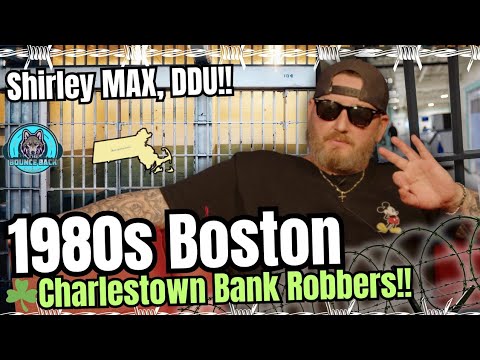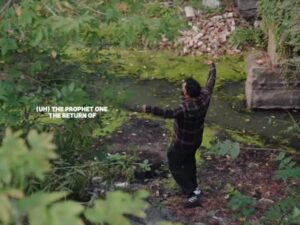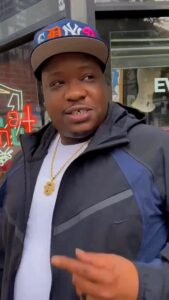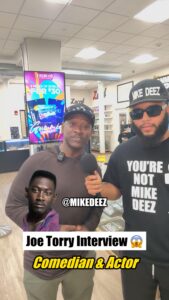Boston’s hip-hop community has long wrestled with the question of how much responsibility successful artists bear to the neighborhoods they come from. That debate resurfaced recently during a conversation on Certified Hustle, when Boston local content creator Harvardseye, weighed in on Cousin Stizz’s place in the city’s cultural landscape.
Stizz, who broke out nationally with Suffolk County and later solidified his reputation with other projects, remains widely recognized as the last Boston rapper to make a significant commercial leap. Harvardseye acknowledged his role as a breakthrough artist and praised him not just for his music but for his character, describing him as someone who has carried himself with integrity.
Still, his remarks tapped into a lingering tension: the gap between community expectations and an artist’s personal path. In Boston, many fans and observers believe Stizz should be more visible in local initiatives, pointing to artists like Millyz, who has kept close ties to his hometown of Cambridge while engaging with the broader Boston area. For some, Stizz’s relatively quiet local presence stands out against that backdrop.
The conversation also raised the idea that Stizz’s particular brand of rap, one that avoids heavy focus on street violence, makes him well-suited to serve as a positive influence for young listeners. Harvardseye argued that simply showing up in the city could be powerful, not necessarily through elaborate programs or financial commitments, but by being present in minor things like basketball games, and reminding Boston’s next generation that success is within reach.
Context is key here. Stizz rose during a wave that also included Michael Christmas, Big Lino, Replay, and others, a moment when it seemed Boston’s scene might collectively push forward. That history has created enduring expectations that the city’s most visible artists should continue to uplift the whole community.
For Harvardseye, the discussion wasn’t just about critique. It tied back to his own mission as a creator working to spotlight Boston talent. “I’m just trying to put the city on,” he said. “That’s my whole goal.”
The conversation ultimately reflects a broader question facing hip-hop communities across the country: when an artist succeeds, what responsibility do they carry back home, and how do they balance that with the demands of a national career?












